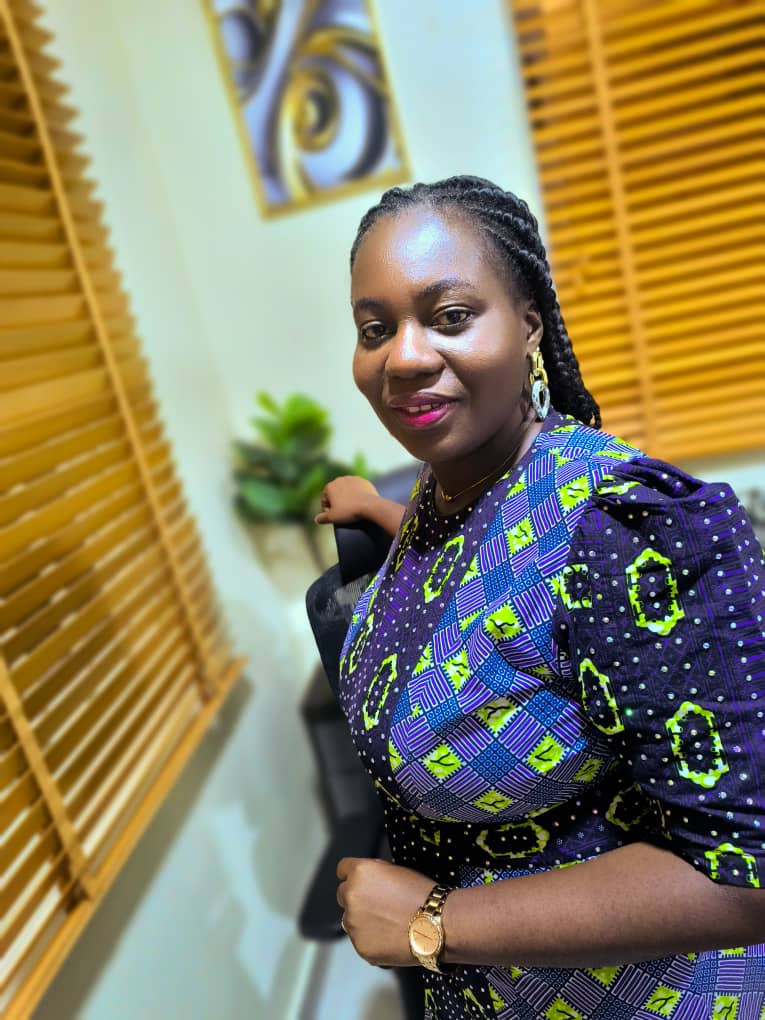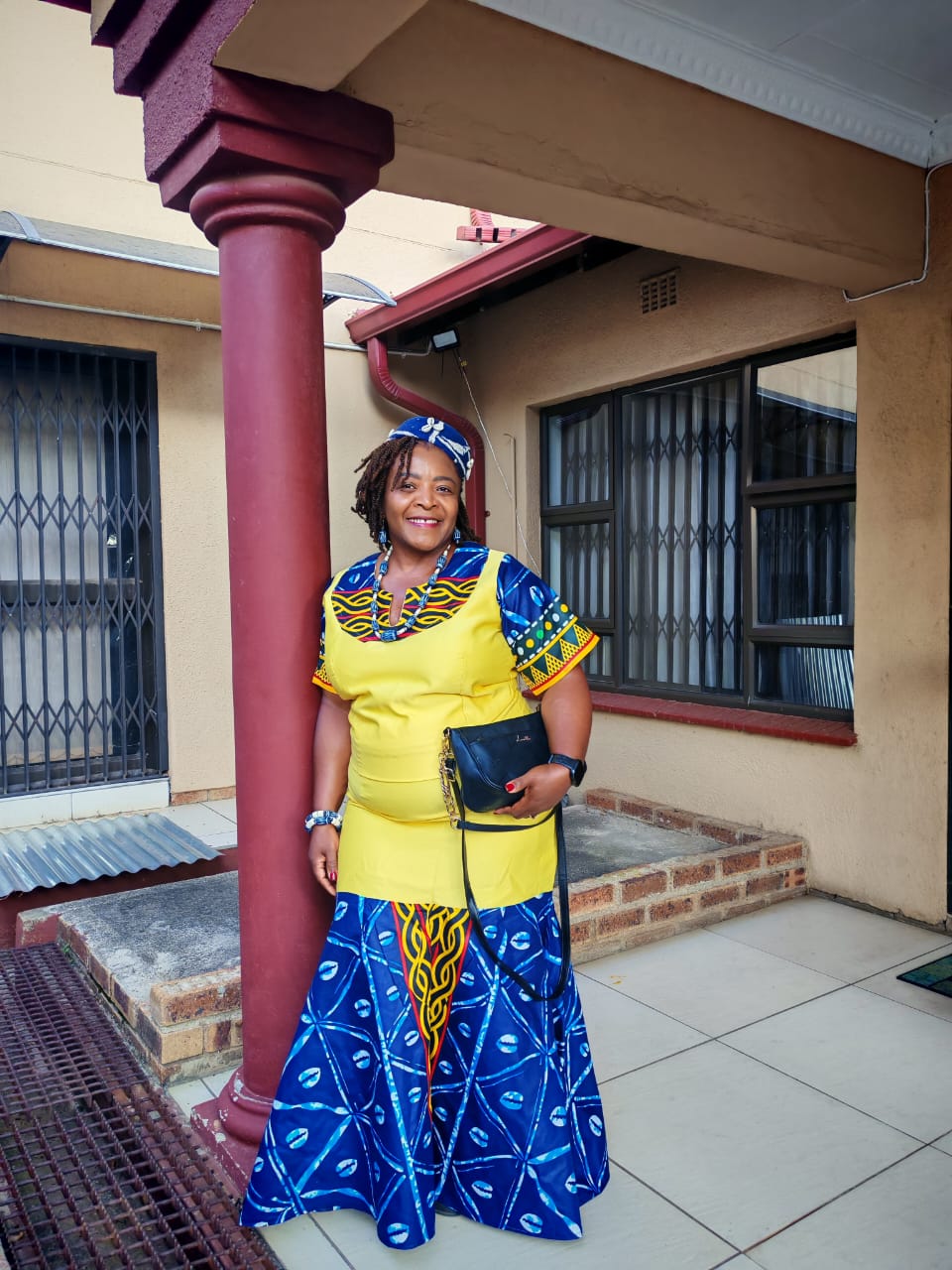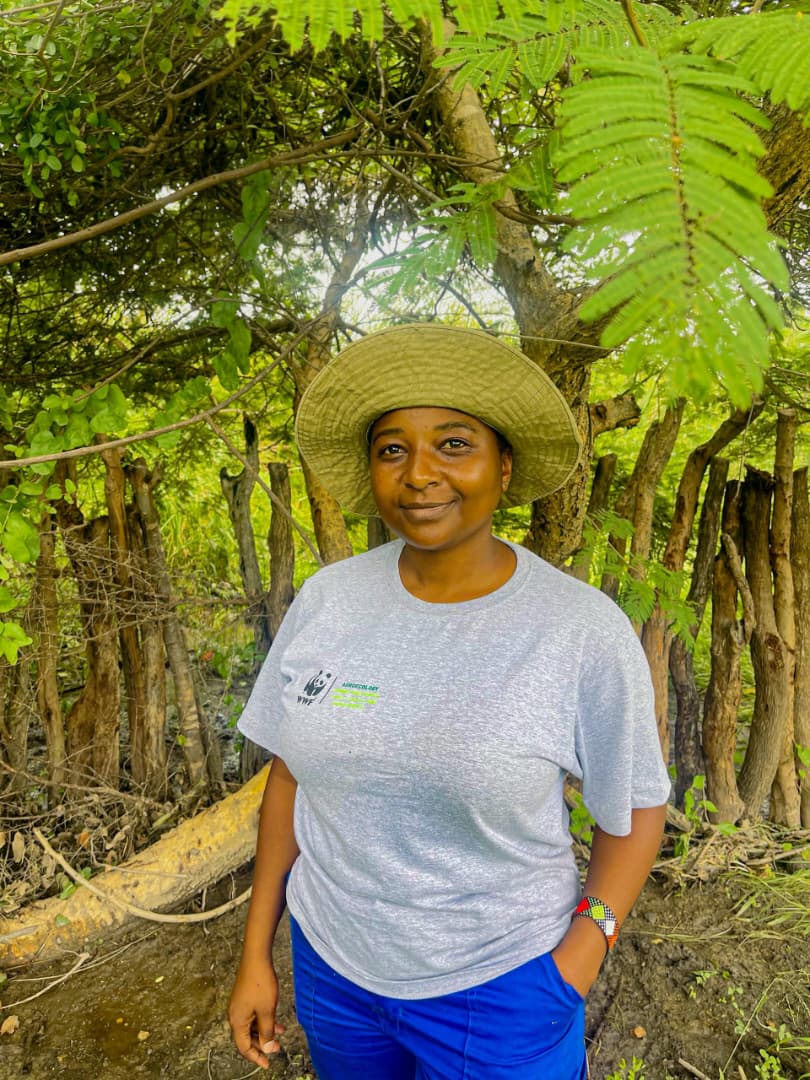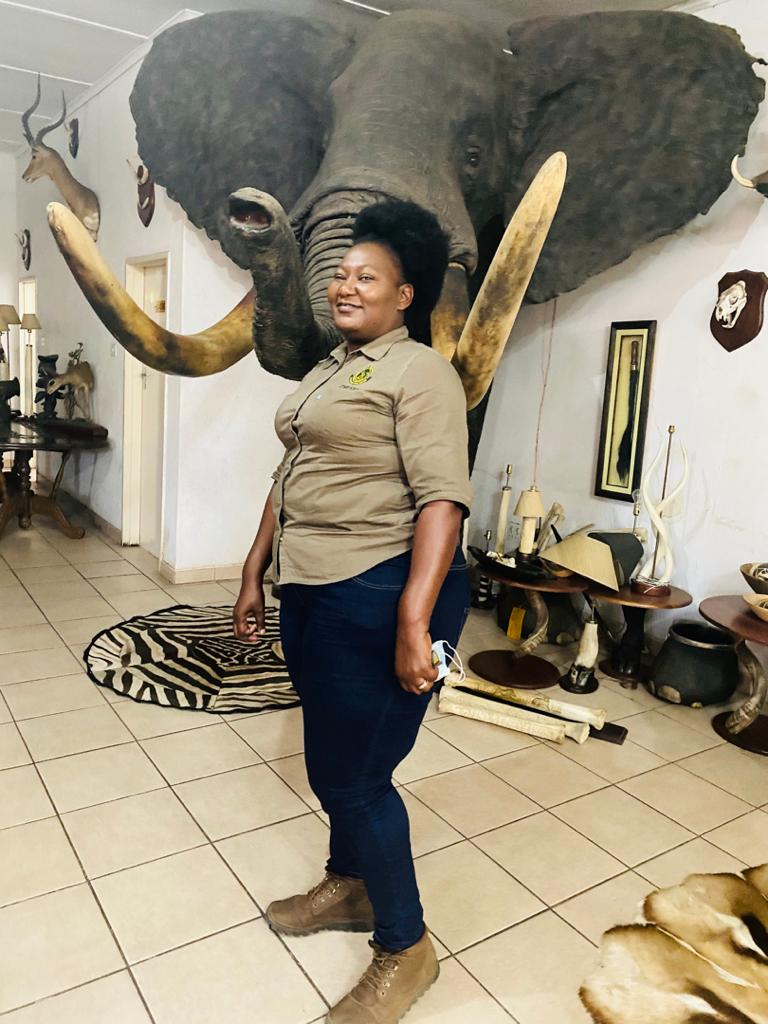This was not part of Doreen Asumang-Yeboah’s plan. Scratch that. It wasn’t even close to the plan. Medicine was the plan. The only plan.
She still remembers sitting across from the medical school interview panel.
“What do your parents do?” one of them asked.
“My father is a teacher,” she replied.
“And your mother?”
“She’s a housewife.”
The response was not kind: “Then you can’t be here. Medical school is expensive. Your parents can’t afford it.”
That comment slid off Doreen like water off a duck’s back. What did they know anyway?

Clearly, they knew enough.
Because when the admission list was released, her name was nowhere to be found on the School of Medical Sciences at Kwame Nkrumah University. Instead, she had been ‘dumped’, as she puts it, into Natural Resource Management.
“I didn’t even know what it was about,” Doreen says, “I just threw it in there because I needed to complete the six options.”
Crushed but determined, she tried to move on to her second choice, pharmacy. But that door, too, was closed. “Because the medical school had taken my form, other schools assumed I’d already been selected,” she explains. “So their spaces were full.”
Still, Doreen wasn’t ready to let go. She and a friend in a similar situation discovered a medical school that would accept them. The one caveat was that they’d have to complete three years in that school before being transferred to their preferred medical school. It meant ‘losing’ a few years, but at that point, they were willing to do anything.
Just before going through with this plan, Doreen had a meeting with herself. Her thoughts kept going back to her father. Interestingly, the panellists' earlier comment started to make sense..
“He was a teacher,” she says. “And there were five of us. I was the firstborn. I thought, if I insisted on this dream no matter the cost, it would mean every resource would go to me. I couldn’t be that selfish. So I told myself, let me stay where I’ve been placed and see what happens.”
What followed was a young Doreen drifting through her first year of university like a zombie, disconnected and defeated. And then, in her second year, she arrived at acceptance. She would go ahead and focus on Natural Resource Management.
***
By graduation, Natural Resource Management was no longer a consolation prize. Doreen was now dreaming of joining an international NGO. But her first job offer came in the form of a teaching assistant role at her old university. She accepted her fate without a fight and prepared to report to work the following Monday.
Then, that same Friday evening, on her way home, her phone rang. It was a friend from university who had been in the same program as her. “There’s this NGO in the Western Region,” he said. “They’re looking for a female natural resource person to work with. I recommended you. They’ll call soon.”
Minutes later, the organisation's director called.
The opportunity was far from home and a little intimidating. “But something in me said, go,” Doreen says.
She packed her bags and left.
***
Those early years were tough.
Working in rural communities, Doreen learned to navigate forests, policy spaces and deeply rooted social structures simultaneously. Then she got married and had her first child. That was when she saw how differently things went for her compared to her male counterparts.
Doreen often had to bring her baby and her own mother along on field trips to remote areas. “I needed a whole vehicle just for us,” she says. “My baby had a seat, my mother had a seat, and I had a seat.”
Not everyone understood her predicament. Some questioned why she needed this level of support. Others questioned her strength. But Doreen refused to choose between motherhood and mission. Instead, she went the extra mile to prove that being a woman, and a mother at that, didn’t make her any less capable.
The challenge, according to Doreen, isn’t the work itself; it’s breaking into a space that's long been dominated by men.
“That terrain can be rough for us; that’s why many drop off along the way,” she says.
***
Having worked in Natural Resource Management for over fifteen years, Doreen noticed a pattern: “The people closest to natural resources are rarely part of the decisions that affect them,” she explains. “Policies are developed at the national level and then dumped on them. They don’t understand them, yet they live with the consequences.”
That gap between power and people is what inspired Doreen to found the Rights and Advocacy Initiatives Network (RAIN). Her goal is to promote human rights around the use and management of natural resources.
“We take the decisions that are developed at the national level and break them down to the people in rural communities so they understand them,” she says. “This way, they process from the start, and then implementation becomes easier.”
And because international organisations often want to work with communities but lack local understanding, Doreen trains them, guides them, and represents grassroots realities in global rooms.
***
It’s remarkable to think that the woman who once described natural resource management as a space-filler on a form is now leading her own organisation in the environmental sector. Hers is the kind of story that makes you wonder about fate.
“I don’t ever regret being here,” she beams. “Just this morning, I was chatting with a friend, a nurse, who said to me, ‘What do you actually do?’”
Doreen took no offence at this question. She gets it. What most people understand are the traditional professions: the doctors, lawyers, engineers and so on. But start talking about foresters or environmentalists, and an explanation is needed.
And so, Doreen patiently explained it to her friend. “I educate people about the environment. I protect it. I make sure the people who depend on our resources understand their role in keeping them alive.”
By the end of that explanation, her friend understood.
“Honestly, I like helping people connect the dots,” Doreen says. “Because at the end of the day, you can be a doctor, a nurse or an engineer, but if the air that keeps you alive isn’t there, then none of that matters.”
***
I ask Doreen what she would tell that younger self who was devastated about not making it to med school?
She smiles. “You know, that’s actually a very important part of the work I do today,” she says. “Because I didn’t get the chance to understand what environmental studies were about back then, that experience became a lesson. And I’ve made it my mission to do better for those coming after me.”
RAIN now runs periodic seminars for undergraduate university students studying Natural Resources. “We go there to talk to them and show them what’s possible,” she explains.
Her focus is especially on young women who are likely to find themselves in similar situations she once did.
“I tell them finding yourself in the middle of the jungle doesn’t mean you’re lost. That’s actually where real life begins. You just have to love the environment you’ve been placed in and find your own space within it. If you’re interested in law, you can focus on becoming a natural resources lawyer. If communication excites you, you can be a natural resource communicator. If it’s economics, there’s room for you there too. The options are endless, but because no one tells us, we think we’re stuck.”
A pause.
“Sometimes I think maybe I was meant to go through that experience so that I could use myself as an example for others.”
We sit with that for a moment. Then she adds, “And I think it just shows that no career is too small. We’re all important. We all bring something to the table. If the last tree dies, the last person dies, and when that happens, even the best doctor won’t have a job. So we need to respect each other’s professions, because they all matter.
“At the end of the day, I’ve come to realise that sometimes the seeming obstacles we face in life are actually stepping stones. If I had been given the chance to pursue medicine, like I originally wanted, I don’t know if I’d have moved up the ladder the way I have.”
Her tone softens. “If I were to sit across from that girl who was so devastated from not getting into medicine, I would tell her to ask herself, What can I do with what I have been given? Because sometimes the dream you lose clears the path for the life you were meant for. ”
Doreen didn’t choose nature, but nature absolutely chose her. And she’s been protecting it, and the people who depend on it, ever since.
***
This interview is part of a series profiling the stories of the 2025 WE Africa leadership programme fellows. African women in the environmental conservation sector who are showing up with a strong back, a soft front, and a wild heart.
***
About Doreen Asumang-Yeboah
Doreen Asumang-Yeboah is a Natural resource governance practitioner and development change facilitator with a background in Natural Resource Management and Development Policy and Planning, both from the Kwame Nkrumah University of Science & Technology (KNUST), Ghana.
She has, for over 20 years, managed and implemented development projects with wide scopes and varied stakeholders, including the Government of Ghana.
As a development consultant in the agriculture and natural resources sector, Doreen has focused on facilitating multi-stakeholder dialogue processes: gender, women empowerment and social inclusion, and rural development.
Doreen works with diverse stakeholders at local and national levels, including farmers, traditional authorities, marginalised, vulnerable and other community groups, government agencies, private sector entities, and civil society organisations in Ghana. Within these years, Doreen has successfully worked with a number of organisations on a full-time and consultancy basis. These include Ghana Wildlife Society, African Forest Forum, CARE, ClientEarth, German Association of Rural Women, European Forest Institute (EFI), Friends of the Earth-Ghana, Nature and Development Foundation (NDF), PAB Consult, Proforest, Working Group on Forest Certification, and WWF.
Doreen is the representative of CSO on the Steering Committee of Cocoa and Forest Initiative (CFI) in Ghana, and the Multi-Stakeholder Implementation Committee (MSIC) of Forest Law Enforcement Governance and Trade in Ghana.
Doreen is the Executive Director of Rights and Advocacy Initiatives Network (RAIN), a local NGO that seeks to promote inclusiveness in the sustainable management of Ghana’s natural resources to enhance the wellbeing of people who depend on them.





